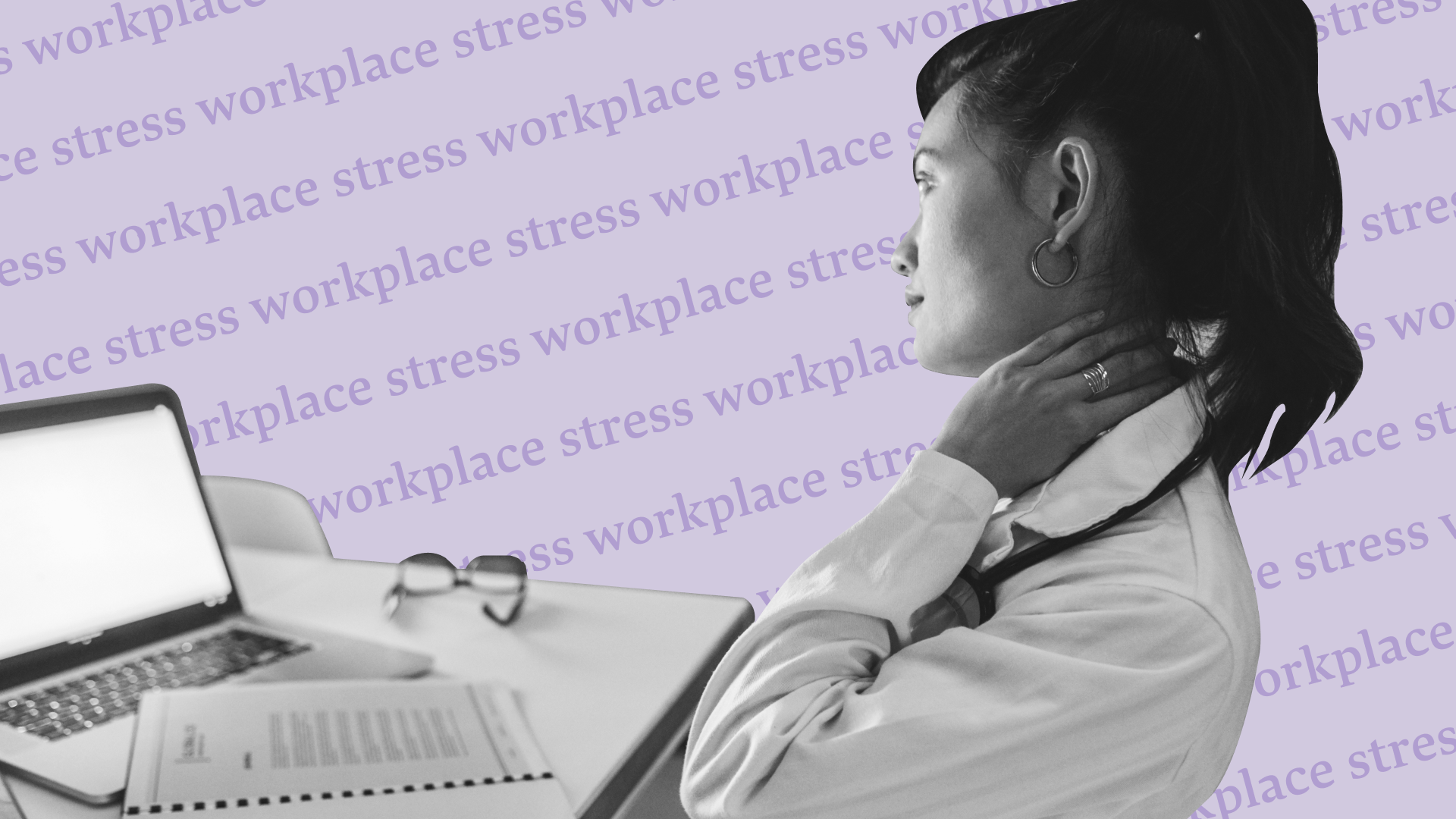Burnout is a real issue in the workplace. It can negatively impact overall productivity, including both quality and quantity of work. But with some key strategies, employers can help prevent burnout, and boost the overall wellbeing of their employees.
If you’re looking to reduce the likelihood of burnout, the strategies below can make a big difference.
8 Ways Employers Can Help Prevent Burnout
Encourage Time Off
The fact that a company offers paid time off ( (PTO) or vacation time doesn’t mean that employees actually feel like they can use it. It’s important to track paid time off not only for recordkeeping purposes, but also so that managers will be aware of who is — and is not — taking time off. This can enable managers to proactively encourage team members to take time for themselves.
Add Floating Holidays
For companies that don’t offer unlimited PTO, adding a few floating holidays to the standard list of paid holidays can go a long way toward preventing workplace burnout. With this benefit, employees who feel overwhelmed can use a floating holiday to schedule a day away from work when they need it most, without having to use up their PTO or vacation hours.
Employees who feel connected to their peers are less likely to experience burnout than those who do not.
Implement Flexible Work Options
Increasing workplace flexibility by providing employees with some control over where and when they work can greatly reduce the frequency and severity of burnout. For example, flexible work options like flextime, telecommuting, and compressed workweeks make it possible for employees to maximize work/life balance and minimize burnout.
Avoid Overloading Employees
You know those employees who tend to enthusiastically volunteer to take on extra work on a consistent basis? They’re often the ones who are most likely to experience burnout. Managers need to find a balance between encouraging initiative and letting ambitious team members (or those who have trouble saying no) take on so much that they allow themselves to become overwhelmed and burned out.
Offering fitness-related perks is a great way to help prevent burnout through health promotion.
Provide Mental Health Benefits
Incorporating mental health benefits into your organization's voluntary benefits package is a great way to make sure that employees have affordable (or even free) access to the care they want and need. Benefits like an employee assistance program (EAP) can help employees manage stress, navigate challenges, and maximize their psychological wellbeing.
Offer Fitness Benefits
Offering fitness-related perks is a great way to help prevent burnout through health promotion. Consider providing access to flexible fitness memberships, encouraging employees to participate in fitness challenges, and allowing team members to use company facilities for before or after work exercise groups. Things like this can go a long way toward boosting employee wellbeing.
Foster Workplace Connections
Employees who feel connected to their peers are less likely to experience burnout than those who do not. Implementing a peer mentoring program can help new team members quickly connect with a buddy at work, while ongoing team-building efforts and activities can help combat workplace loneliness and foster strong connections, even among virtual teams.
Learning to be okay with acceptable work (rather than flawless) can help prevent burnout.
Evaluate Employee Happiness
Find out how your employees feel about their jobs by conducting an employee happiness survey. This can be as simple as distributing our free sample employee happiness survey to your employees, tallying the results, sharing them with your team, and then acting on what you learn in order to bring about positive change in your workplace.
8 Ways Employees Can Prevent Burnout
Preventing burnout isn’t just a matter of company policy. Yes, it’s important for companies to continually look at ways to reduce the likelihood of employee burnout. But individual team members also need to take steps on their side to keep themselves from burning out.
Exercise regularly - Cardiovascular exercise and resistance training can help prevent burnout and mitigate the impact of stress on your physical wellbeing.
Get enough sleep - Poor sleep can be a sign of burnout and a contributing factor to burnout. In either case, poor sleep leads to exhaustion and high levels of stress.
Eat a healthy diet - The foods you eat can impact all aspects of your personal and professional life. Eating a healthy diet can help mitigate burnout and its symptoms.
Engage in mindfulness - Disconnecting from constant stimuli through mindfulness practices like meditation, mindful eating, yoga, etc. can help reduce job burnout.
Learn when to say no - Burnout can be caused by taking on more than you can do without putting yourself through extreme stress, so it’s important to know when to say no.
Avoid perfectionism - Perfectionism often leads to burnout related to quality. Learning to be okay with acceptable work (rather than flawless) can help prevent burnout.
Prioritize tasks - Plan your work and manage your to-do list by prioritizing tasks based on factors like urgency, due date, commitment of time and resources required, etc.
Take time off - When you feel yourself getting overwhelmed, schedule some time off to focus on your own wellbeing. Self-care can go a long way toward preventing burnout.
Mitigate Burnout & Its Impact
When companies create or allow working conditions that lead to burnout being the norm, this can result in a toxic culture and avoidable turnover, among other problems. Companies can mitigate the occurrence and impact of burnout by proactively implementing policies and practices that support employee wellbeing. Through honest reflection about their own habits, individuals can help keep burnout at bay by replacing negative behaviors with burnout-resistant habits.
Learn more with Justworks’ Resources
Scale your business and build your team — no matter which way it grows. Access the tools, perks, and resources to help you stay compliant and grow in all 50 states.








